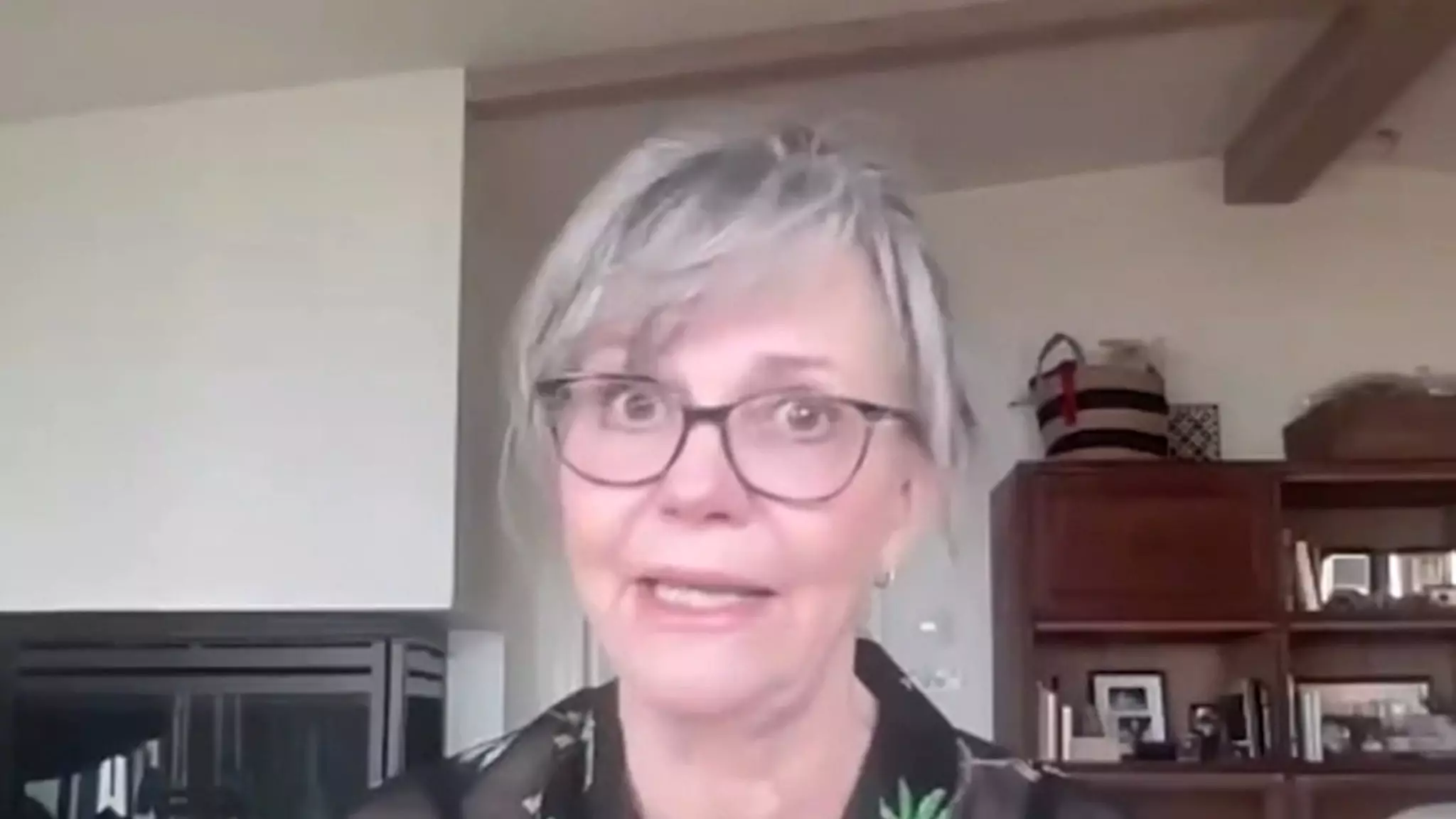Sally Field, the beloved Oscar-winning actress, has recently chosen to shed light on a deeply personal and traumatic chapter from her past—her experience of undergoing an illegal abortion at the age of 17. As the 2024 election approaches, Field’s narrative serves not only as a recount of her own struggles but also as a poignant reminder of the broader implications surrounding reproductive rights in contemporary society. By sharing this harrowing story, Field hopes to catalyze discourse among voters regarding crucial issues that affect women’s autonomy.
Field’s experience is interwoven with the stark realities that many women faced during a period when reproductive rights were far more restricted than they are today. After graduating high school, she found herself pregnant, lacking the necessary family support and financial stability to proceed with the pregnancy. In a painful irony, her circumstance led her to rely on a family doctor who arranged for her to travel to Mexico for the procedure. This reveals the desperation that underpins many decisions surrounding unplanned pregnancies, particularly when access to safe and legal abortion services is limited.
Detailing her grim journey across the border into Tijuana, Field recounted a scene fraught with tension and fear. She described how she was escorted by the doctor and his family, highlighting the secrecy and stigma surrounding such experiences. Upon arrival at the clinic, she was thrust into a situation that can only be described as dehumanizing. With no anesthetic and minimal pain relief, the medical procedure became a traumatic ordeal rather than a medical necessity—a violation of her bodily autonomy that would leave lasting scars.
Field’s account emphasizes the importance of safe, legal, and accessible abortion services. Her stark reminder is that the desperation she faced has not disappeared; rather, it has resurfaced in differing forms as legislation around reproductive rights continues to evolve. Through her story, she advocates for the recognition that women deserve comprehensive care and support throughout their reproductive journeys rather than navigating back-alley tragedies.
The connection Field draws between her past and the current election landscape underscores the urgency of advocacy for reproductive rights. As she aligns her narrative with the candidacy of Kamala Harris, a staunch supporter of women’s rights, she urges voters to consider the implications of their choices on these issues. At its core, Field’s story resonates as a clarion call for empathy and understanding towards women who find themselves in similar situations.
In reflecting on her experiences, Field invites dialogue about the complexities surrounding reproductive health. She indicates that sharing personal stories can foster a sense of solidarity and possibly induce change within societal attitudes towards abortion. Ultimately, her candid admission is not only about recounting a painful personal narrative but also evokes a broader conversation about the protection of women’s rights and the need for supportive healthcare systems that prioritize women’s choices and well-being.

